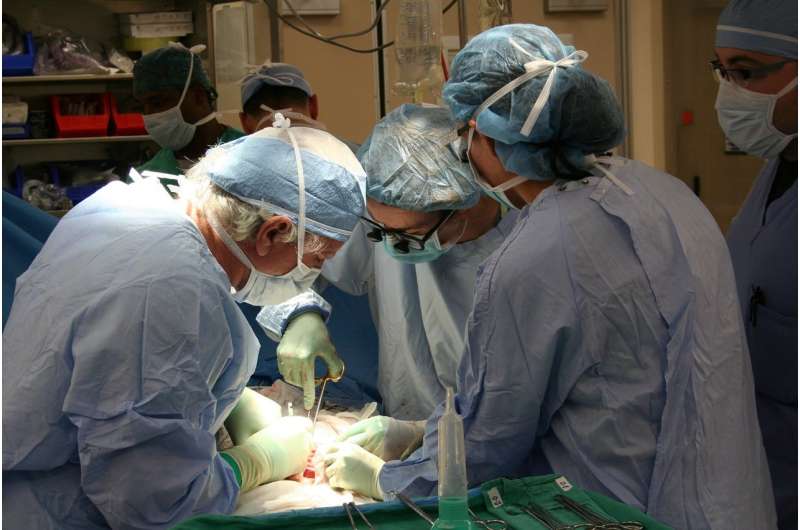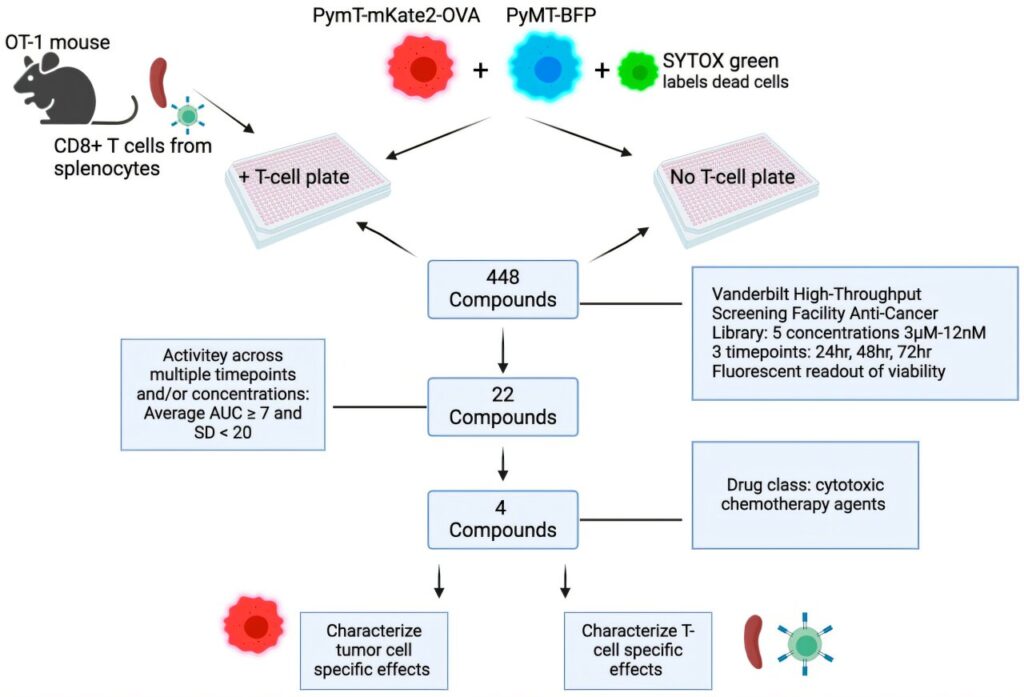How to prime tumors to be defeated by cancer immunotherapy

Experts have thought that immune cells had to be inside of tumors for one type of immunotherapy, known as checkpoint inhibitors, to work.
Reprogramming cancer cells to treat an aggressive type of leukemia

A Ludwig Cancer Research study has identified a novel strategy for treating acute myelogenous leukemia (AML), an aggressive blood cancer for which the median survival time following diagnosis remains just 8.5 months.
Common antiparasitic drug shows promise in halting growth of aggressive skin cancer

A common pinworm medication may stop and reverse cancer growth in Merkel cell carcinoma, an aggressive form of skin cancer, according to research led by University of Arizona Cancer Center researchers
Detecting invasive nodules could be key to preventing unnecessary pancreatic cancer surgery

Pancreatic cysts are fluid-filled sacs that can form in the pancreas.
Key mechanism behind prostate cancer drug resistance reveals potential new treatment strategy

A team of University of Kentucky Markey Cancer Center researchers has found the mechanism that grants prostate cancer resistance to enzalutamide, a frequently used drug.
A new drug delivery system may help patients with a rare eye cancer

A multi-institutional study led by Moffitt Cancer Center found that percutaneous hepatic perfusion using a melphalan hepatic delivery system may help patients with a rare eye cancer that has spread to their liver.
Scientists identify key protein driving ovarian cancer spread

A new study has identified the protein ADAMTS5 as playing a crucial role in the spread of ovarian cancer cells, offering a potential new target for future treatments.
High-fat diet promotes breast cancer metastasis in animal models

Obesity is associated with an increased risk of developing breast cancer, and a greater probability for the cancer to spread to other organs. But the causes of this association are still not well understood.
Liver transplants offer new hope for colorectal cancer patients with liver metastasis

Liver transplants are becoming a new treatment option for certain colorectal cancer patients whose cancer has spread to their liver and are ineligible for other surgical options.
Study suggests exercise could reduce breast cancer recurrence

Exercise could potentially reduce the recurrence rate of breast cancer, new research from Edith Cowan University (ECU) has found.
Researchers identify potential drug combinations to improve breast cancer treatment: Q&A with professor of pharmacology

Triple-negative breast cancer, an aggressive type of breast cancer, accounts for 10% of all breast cancer cases in the United States annually. CD8+ T cells that normally kill cancer cells often become exhausted and stop.
Research reveals worse outcomes for men who avoid prostate cancer screening

Men who consistently avoid prostate cancer screening appointments face a disproportionately higher risk of dying from the disease, finds research identifying a new high-risk group.






